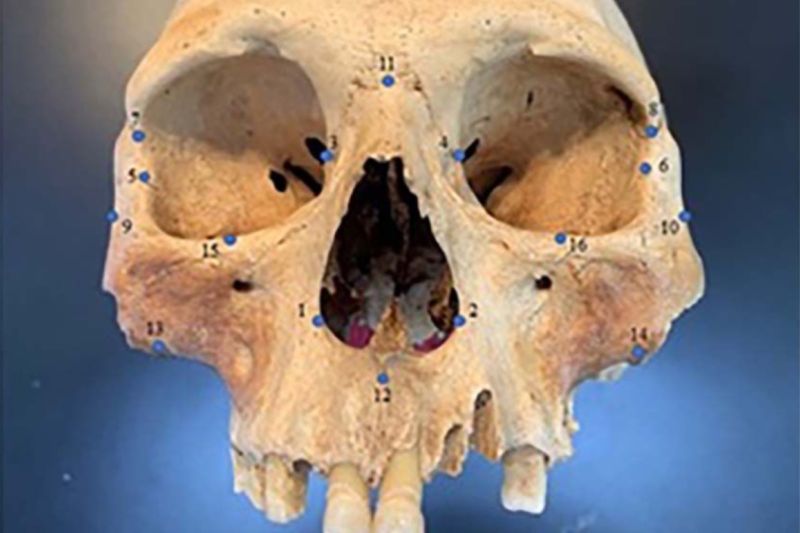Apple is researching keyboards with small displays on the keys to dynamically change the label on each key, according to a newly-granted patent filing. From a report: The filing is titled “Electronic devices having keys with coherent fiber bundles” and was granted to Apple by the U.S. Patent and Trademark Office on the final patent day of this year. The patent explains how each key on a keyboard could have “an associated key display” connected to “control circuitry in the keyboard” via a “coherent fiber bundle.” Apple proposes that each key would be “formed from a fiber optic plate” with “opposing first and second surfaces.” While the patent stipulates that each key would need to contain a small display to provide the label, of which any compatible pixel array would work, the foremost technology put forwards by Apple is OLED. The key may be made from materials such as glass, ceramic, metal, or polymer, or even crystalline materials such as sapphire.
Read more of this story at Slashdot.
![]()
Source: Slashdot – Apple Researching Keyboards With Adaptive Displays on Each Key













